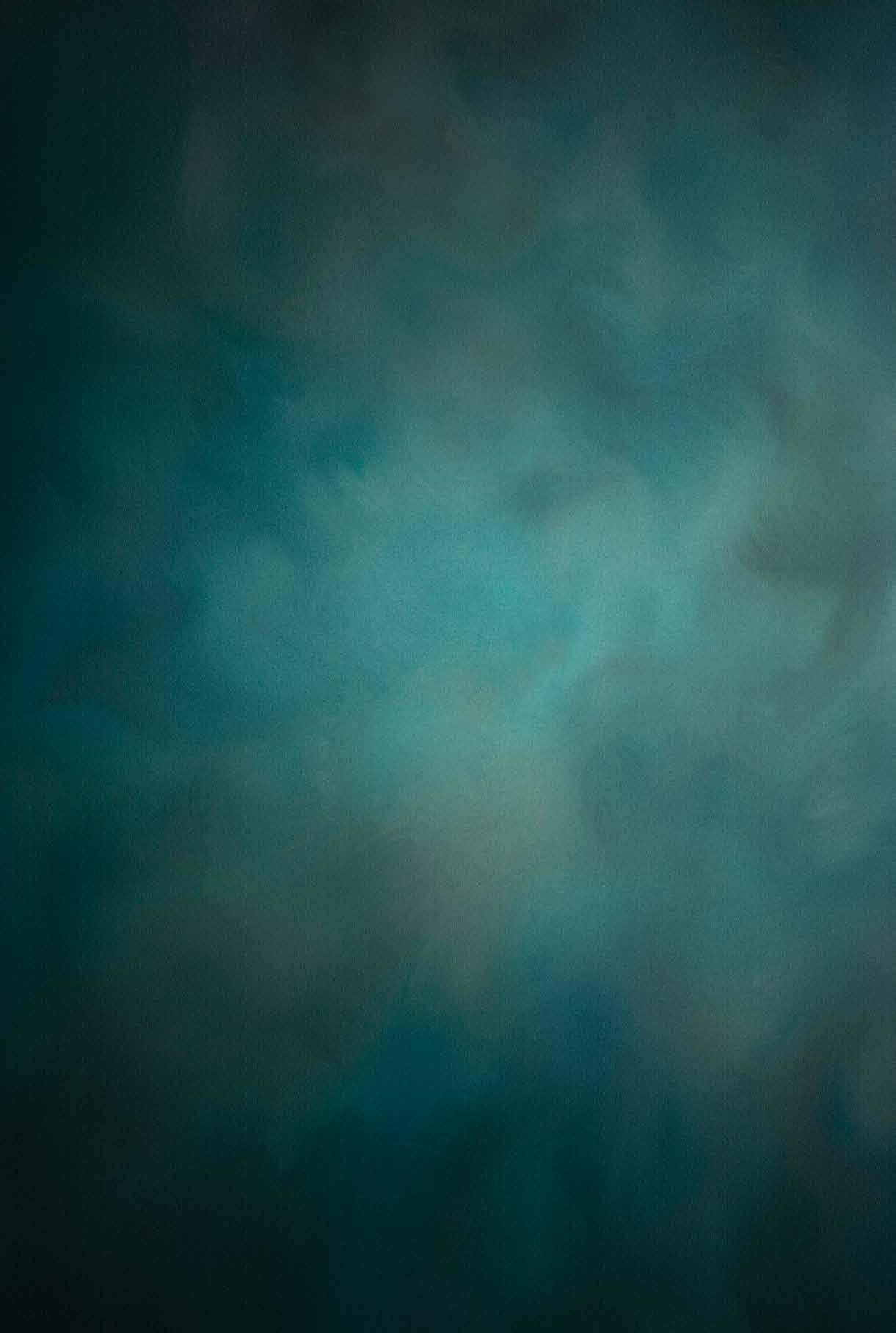
3 minute read
Parsha Ponderings by Rabbi Shmuel Kamenetzky
Parsha Ponderings
Parshas Vayakhel-Pekudei The Inyan of No Minyan
By Rabbi Shmuel Kamenetzky
Parshas Vayakhel begins by mentioning the materials which the Jews donated to the Mishkan, before describing the actual construction. The pesukim (35:5-9) list all of the materials which the Jews donated, starting from gold and silver, and ending with the “avnei shoham and avnei milu’im, the shoham stones and the stones for setting.” These precious stones were swept by the wind into the camp of the Jews in the desert and were donated by the Nesi’im, the leaders of the tribes.
Seemingly, these precious stones were more valuable than many other items donated, such as wool, animal hides, and oil. Why then are they listed last?
I heard a fascinating story from my rav, Rabbi Hershel Hisiger, a grandson of Rav Binyamin Kamenetzky, zt”l.
A group of boys were driving from New York to Boston to attend the wedding of their friend. As their trip was delayed a bit, they realized that if they drove non-stop, they would arrive just in time for the chuppah (the actual wedding ceremony) but would miss the local minyan for Mincha in Boston. They would then have to daven without a minyan afterwards. But if they made a stop on the way, they could catch a minyan in a small town off the highway, but would miss the chuppah of their good friend.
Not sure what to do, one of the boys called his Rosh Yeshiva, Rav Chaim Leib Epstein, zt”l, of Yeshiva Zichron Melech in Brooklyn, to ask his opinion. Rav Epstein instructed the group to travel straight to wedding and daven without a minyan.
“But Rebbe,” the student argued, “I have never missed a minyan in my life! How can I miss one today – just to be at a chuppah!?”
Rav Epstein was not impressed. “You don’t daven with a minyan every day to make it to the Guinness Book of World Records,” he responded. “You do so because that is what Hashem wants you to do that day. But today, Hashem wants you to travel to Boston to rejoice with your friend at his wedding! And that is what you should do!”
My grandfather, Rav Binyamin Kamenetzky, zt”l, would often
answer this question based on the Ohr Hachaim. The attitude of the Nesi’im is well known. Our Sages teach us that they did not respond correctly when the call came out for everyone to donate to the Mishkan. “Let everyone give, and we will fill in what is left,” they said. That was wrong. One should jump at the opportunity to contribute to a communal cause.
When the Torah lists the gifts brought, the Torah has a different standard of judging value. Yes, precious stones sparkle and shine. Yes, they are costly and “showy.” But if they are given the wrong way, they lose their value.
The simpleton who gave oil or some wool – he followed the commandment of Hashem to the fullest. He stood up to task and came through. Therefore, his gift has priority.
Yes, these days are tough. But we will get through them. Let us each do what we have to, with the proper intent. Even if our actions are not outwardly sparkling, but they are the will of Hashem, they are the most precious deeds we can do. And when time comes for recognition, they will have priority.
Rabbi Shmuel Kamenetzky is the Director of Advancement at Yeshiva of South Shore – Yeshiva Toras Chaim Beis Binyamin. He is currently compiling the Torah thoughts from his grandfather, Rav Binyamin Kamenetzky, zt”l, into print, in Hebrew and English. If you have any stories or divrei Torah to share from his grandfather, or to subscribe to receive a weekly dvar Torah from Rav Binyamin Kamenetzky’s teachings, you can email him at skamenetzky@yoss.org.













